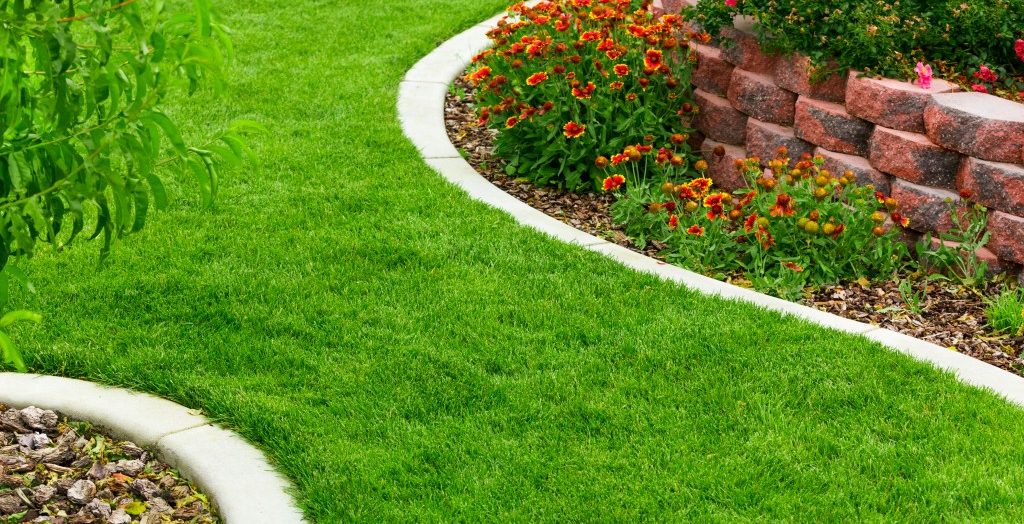A lot of homeowners get discouraged by the daunting task of weeding. What sounds like a simple task can actually take up an inordinate amount of your day in the garden. After all, nothing ruins a garden like weeds do. In a matter of days, these uninvited guests can take over your yard, robbing your plants of their space and needed nutrients. As anyone in the residential and commercial landscaping and weed control business can tell you, weeds can do more harm to your Myrtle Beach landscape than you’d probably know. This post will cover ways to deal with weeds before they completely damage your lawn:
Know About Your Weeds
The more you know about your weeds, the more you can tackle them. How you deal with weeds depends on their growth habit. Weeds can be divided into annual and perennial weeds. Annual weeds usually complete their life cycle in one season and reproduce from seeds. Examples of annual weeds are crabgrass and foxtail grasses. The best way to kill them is to mow or cut off their heads (deadheading) and killing them before they are able to set seed.
On the other hand, perennial weeds continue to live several years—up to three or more years—and can be asexual. This means that they reproduce not only by producing seeds but by growing underground through their roots. They are more difficult to control. The best approach to deal with perennial weeds is tillage with attention placed on the removal of their entire root system. White clovers and ground ivy are examples of perennial weeds.
Smother the Weeds with Mulch

Weeds need light and warm soil to survive. Mulch is a natural alternative to weed control in three important ways.
First, mulch prevents weed growth by covering the soil and depriving the weeds of the light they need for germination. A carpet of newspaper or any biodegradable material topped with mulch will smother weeds that have already sprouted and prevent new ones from coming.
Second, mulch conserves soil moisture by shielding the soil surface from the sun. Studies suggest that mulched soil retains 30 percent more water.
Lastly, organic mulches, in particular, can actually host crickets that devour weeds and earthworms, which can aerate the soil and bring back healthy soil life.
Mulching works especially great if you have a large area to cover and you dread the idea of hand weeding.
Weed Prevention
Keeping your grass healthy and thick is the best way to keep weeds at bay. Mowing to keep your lawn at its ideal height will promote healthy root growth, increasing their resistance to pests and illnesses. Routine mowing will also deadhead annual weeds, preventing their seed formation. While it may take more mowing time to remove perennial weeds because of their roots, repeated mowing will stress them out, weaken their root system, and eventually kill them.
Fill in the gaps
To choke out emerging weeds and discourage the growth of new ones, keep the ground cool and deprived of sunlight by spacing plants close to each other. Planning and designing mass plantings for your garden to make sure that your yard has closely spaced plants and spreading out stones or mulch to fill in the gaps will help control weed growth on the get-go.
Weed seeds can spread by floating in the wind or flowing with the water via drainage or small birds. Animals can also simply drop them onto your garden. Knowing about weeds, their life cycle, and the options to prevent and kill them can help you keep them permanently out of your garden.






